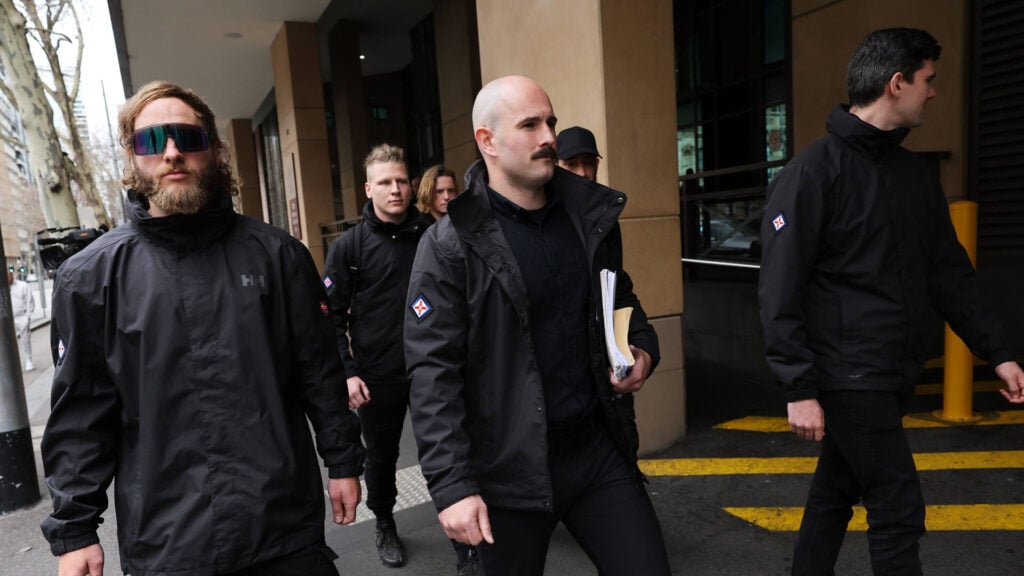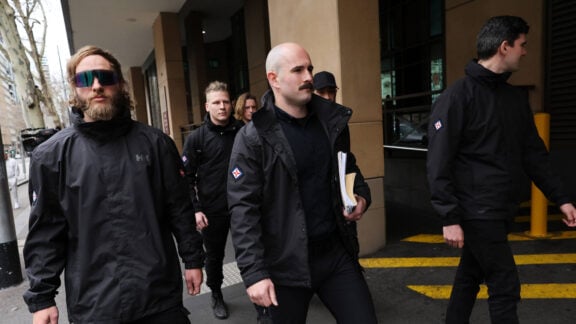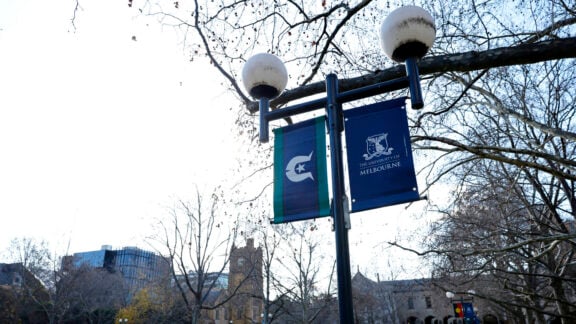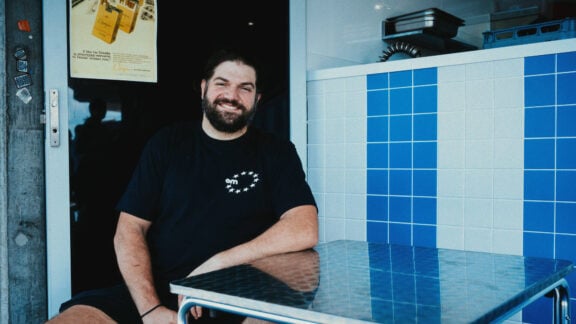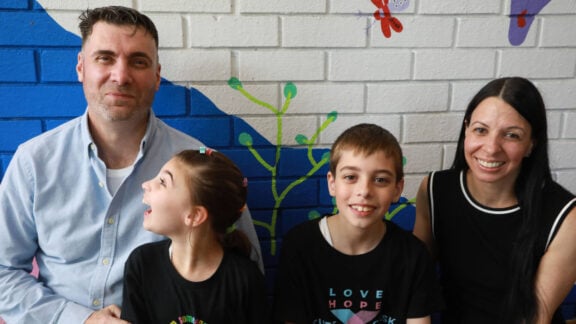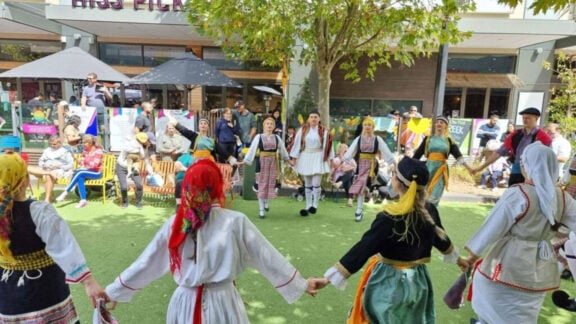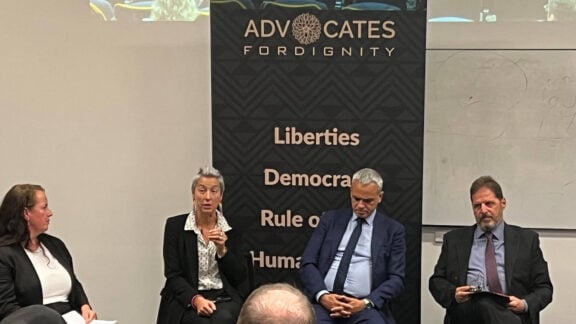After the disgraceful march of neo-Nazis, last week, it is important to make clear that Nazism is not politics. It is not ideology. It is a cancer. Like every cancer, if not stopped, it spreads, it mutates, and it kills. There is no nuance here, no “different perspective,” no place for debate. Nazism is hatred and power. It is the organised destruction of human dignity. It has no room—none—in Australia, or anywhere else on earth.
Built on hatred, fuelled by lies
The Nazis did not stumble into power. They climbed there on the backs of lies and corpses. They engineered hatred with precision. They took Germany’s pain after World War I and told the people: you are not broken, you are chosen; your enemies are to blame. Those “enemies” were Jews, Roma, homosexuals, disabled people, political opponents—anyone who did not fit the Nazi fantasy of racial purity.
From day one, Nazism was about extermination. Not governing, not building, not leading—exterminating. When millions were herded into cattle cars and sent to their deaths, that was not a perversion of Nazi values. That was Nazism doing exactly what it was designed to do.
The cold machinery of murder
Nazism industrialised murder. It turned killing into a process flow, mass death into administration. Trains delivered human beings like freight. Doctors in white coats became butchers, calling it “science.” Judges became executioners in robes, calling it “law.” Bureaucrats stamped papers that condemned entire families, calling it “order.”
This is what makes Nazism unique – it fused modern efficiency with medieval cruelty. It showed how civilisation can be twisted into annihilation when conscience is removed from power.
The seductive simplicity of evil
And here lies the enduring danger: Nazism sells simplicity. It tells frightened people: Your problems are not your fault. Someone else is to blame. Eliminate them, and life will be perfect. That lie is seductive because it is easy. And in times of crisis, people crave easy answers.
That’s why Nazism cannot be dismissed as a relic of the 1940s. The banners may change, the symbols may morph, but the formula remains the same. Find a scapegoat. Stoke the rage. Demand obedience. Offer purity through hate.
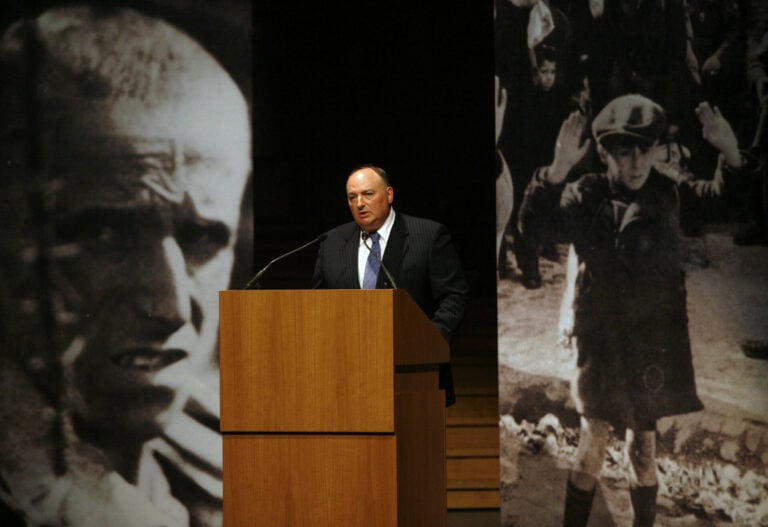
Nazis and my cultural homeland – Greece
The death-camps were only part of the nightmare. Across Europe, the Nazis staged a carnival of horror. Greece stands as one of the darkest examples. When German troops occupied the country, they looted its economy, starved its people, and slaughtered entire villages as “reprisals.”
Famine swept Athens. Children wasted away in the streets while Nazi officials dined on stolen food. Resistance was met not with justice but with atrocity. In Kalavryta, they executed nearly every male in the town. In Distomo, they butchered 218 civilians—men, women, children—some hacked to pieces in front of their families.
More than 350,000 Greeks, over five percent of the population, lost their lives to starvation, combat, massacres, or extermination—including over 60,000 Greek Jews.
The Jewish communities of Greece, some of the longest continuously established in Europe, along with those who had settled after their expulsion from Spain, were nearly annihilated. This was not war. This was sadism dressed in uniform.
No room in Australia—or anywhere
Let’s be clear: there is no room whatsoever for Nazism in Australia—or anywhere else in the world.
Australia is a multicultural nation built on the principle that no one race, no one religion, no one background defines the country. The moment swastikas are waved in our streets, the moment Nazi salutes appear at rallies, it is not “free speech.” It is an act of war on everything Australia stands for.
Neo-Nazi marches as are not fringe spectacles. We should not tolerate Nazi symbols as “provocations.” They are not provocations—they are threats. They are rehearsals for violence. Every time a swastika is scrawled, every time a Hitler salute is performed, it is a message: we want Auschwitz back.
The only proper response is absolute rejection. Not negotiation, not indulgence, not tolerance—rejection.
The duty to remember and resist
The survivors of the Holocaust are fading. Soon they will be gone. When that happens, memory itself becomes our frontline. Because forgetting is how hate slips back in.
The signs are always the same. Scapegoating minorities. Declaring the press “the enemy.” Demanding loyalty to a leader over loyalty to law. Romanticising “purity.” Once these ideas are tolerated, the slide begins.
We cannot afford to shrug, or simply to dismiss. The lesson of Nazism is that civilisation collapses if the majority is seduced by this evil, or when the majority looks away.
Naming evil, every time
Nazism is not a “viewpoint.” It is not a “subculture.” It is not a “movement.” It is evil. Period. It is the opposite of civilisation. The opposite of humanity.
It is the language of the gas chamber. It is the logic of the firing squad. It is the philosophy of the grave.
To call it anything less is cowardice. To tolerate it is complicity. To excuse it is betrayal.
The line that cannot be crossed
Nazism is not just history. It is a warning. It is proof that human beings, under the wrong leadership and the wrong lies, can become monsters in suits, murderers with clipboards, killers with degrees.
The only defence is refusal. Refusal to let it speak unchallenged. Refusal to let it march unchecked. Refusal to let it breathe in our schools, our parliaments, our communities.
Australia must be relentless in this refusal. The world must be relentless. Because Nazism is not politics. It is not free speech. It is not debate. It is a death cult.
And death cults do not get a seat at the table. They get crushed. Everywhere. Every time. Without exception.
* Tony Anamourlis is a tax law specialist in multinational transactions, negotiating with the Commissioner of Taxation and other regulators and is a regular contributor to Neos Kosmos.
